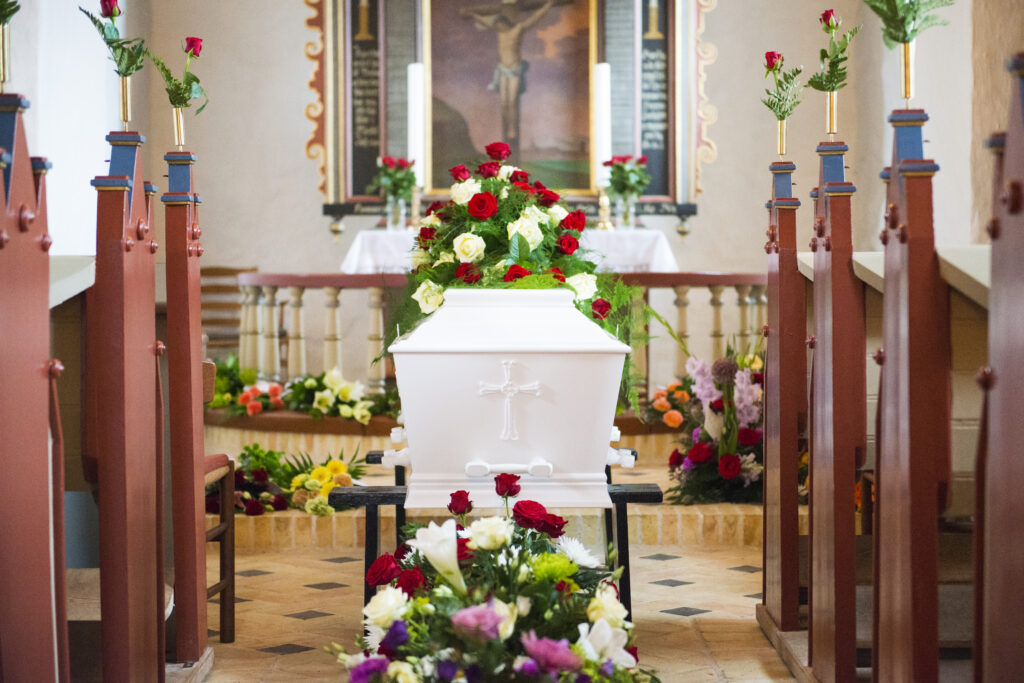
Suicide ranks as the second-leading cause of death among teens and young adults in our country. In Florida, our suicide rate mirrors the national average, with 3,351 lives lost in 2021. Each death leaves behind a family facing immeasurable loss. As they confront this loss, the haunting question arises: Could anything have been done to prevent the suicide? Was there someone who could have intervened – someone who, through action or inaction, holds a share of responsibility? For those left behind, the possibility that another’s negligence could have led to their loved one’s decision to end their life adds a complex layer of anguish.
In the face of such tragedy, it is important to recognize that legal options do exist. If it can be demonstrated that another’s actions or lack of action contributed to the suicide, pursuing a wrongful death claim may be viable. The decision to file a lawsuit in such cases is deeply personal and often fraught with hesitation. However, it can also be a way to hold responsible parties accountable. If you are considering filing a lawsuit, know that in the state of Florida, avenues for legal recourse exist following a wrongful death by suicide.
Key Elements in Suicide-Related Wrongful Death Cases
In the aftermath of a Florida death, the victim’s estate may pursue a wrongful death lawsuit against parties who contributed by way of a wrongful or unlawful act, failure to act, negligence, or a breach of contract or warranty that resulted in harm. To establish a successful wrongful death claim, several critical elements must be considered, including the duty of care, negligence, and causation.
First and foremost, it is essential to establish that the defendant owed the victim a duty of care. In cases involving suicide, this typically requires demonstrating that the defendant had a special relationship with the deceased, such as that of a schoolteacher, guidance counselor, medical professional, parent or close friend, and thus had a responsibility to exercise reasonable care.
The crux of a suicide-related wrongful death claim often hinges on whether the defendant’s actions or negligence fell short of the expected standard of care under the circumstances and whether this negligence directly contributed to the victim’s decision to take their own life. For instance, if a school or mental health facility had a duty to monitor an individual known to be at risk for suicide and failed to provide adequate supervision or intervention, their actions may be deemed negligent.
In addition to establishing a duty of care, it is imperative to demonstrate that the defendant knew or should have known of the victim’s suicidal risk. This typically involves proving that the defendant received notice from the deceased about their contemplation of suicide or observed outward signs of suicidal thoughts or intentions. In essence, the defendant must have possessed knowledge of the specific victim’s state of mind and held a position that could have influenced or prevented their suicide.
Moreover, there must be substantial evidence suggesting that the defendant’s actions or lack thereof could have reasonably been foreseen to result in the victim’s suicide. In practical terms, this means showing that the defendant’s conduct created a foreseeable risk of harm to the deceased and that such conduct played a significant role in the tragic outcome.
Compensation Following a Florida Wrongful Death by Suicide
In Florida, the compensation claimed can address several losses:
- The services the deceased would have provided, such as household duties.
- The support and care the deceased would have contributed to family members.
- The companionship and guidance the deceased would have offered, particularly for spouses and children.
- The income and potential future earnings lost due to the premature death.
Additionally, the deceased’s estate itself may also recover costs associated with the death, such as funeral expenses.
Florida Wrongful Death Claims Following Suicide
In Florida, wrongful death claims have been made on numerous occasions following suicide. In Wyke v Polk County School Board, a school’s failure to address a student’s suicidal behavior highlighted a breach of their duty of care, resulting in a $500,000 compensation for the grieving family.
Similarly, in Johnson v Wakulla County School Board, a family pursued legal action against a school board, holding them responsible for their son’s suicide due to inadequate teacher oversight. The case emphasized the potential for legal recourse in instances of institutional negligence, seeking compensation for emotional distress and the loss of the son’s quality of life.
These cases underscore that our Florida legal system does offer the potential for legal recourse for the families of suicide victims in the case of wrongful death.
Get Help From a Compassionate Miami Wrongful Death Lawyer
If your family is facing the tragedy of a loved one’s suicide and you suspect negligence played a part, talk to our Florida wrongful death attorneys at Dolan Dobrinsky Rosenblum Bluestein. We will provide you with the legal support and guidance needed to pursue just compensation for your loss. From our office in Miami, we serve clients throughout Florida. Call us at 305-371-2692, or schedule a free consultation online.